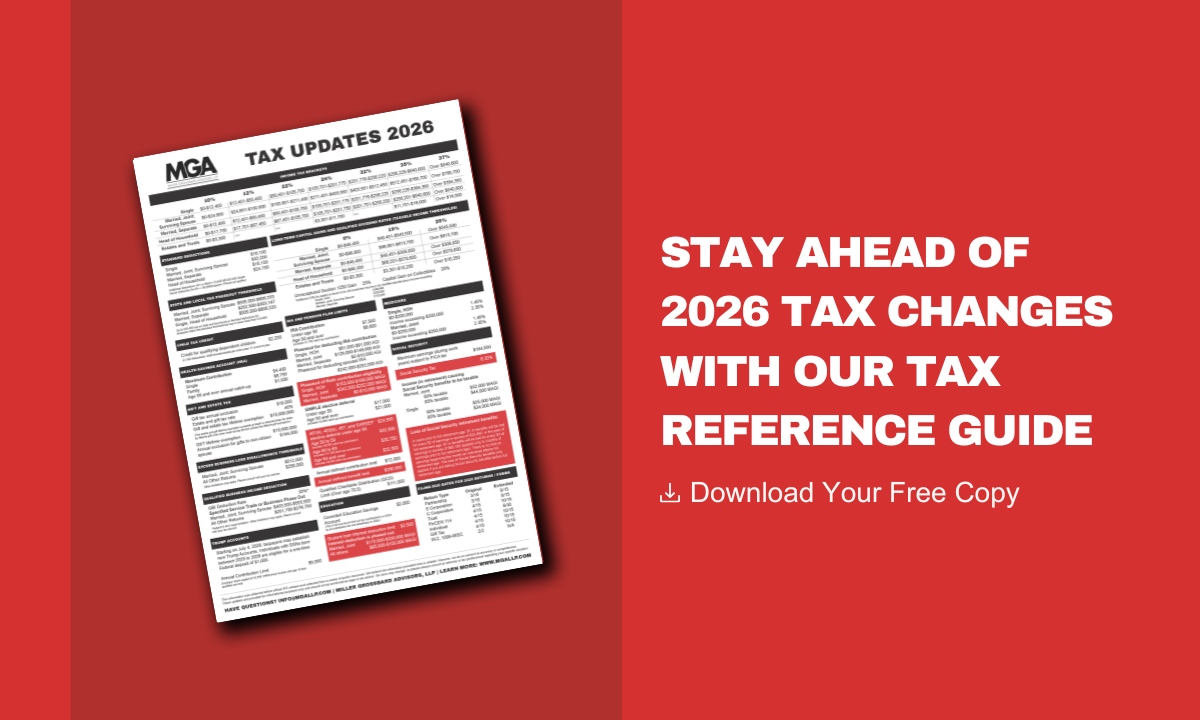On March 1, 2024, a federal court in Alabama ruled that the Corporate Transparency Act (CTA), hailed as a significant stride toward combating money laundering and enhancing transparency within corporate structures, is unconstitutional.
The U.S. Justice Department later appealed the March 1 ruling, indicating the case's likely trajectory toward the Supreme Court. The appeal highlights the ongoing legal debate over the act's constitutionality and its implications for businesses, especially the members of the National Small Business Association (NSBA), which has over 65,000 members.
The Heart of the Matter
The CTA's aim was straightforward yet ambitious: to peel back the layers of anonymity that beneficial owners enjoy within corporations and LLCs, aiming to curb illegal financial activities. However, the court's decision highlights a complex interplay between federal authority and constitutional limitations, questioning the extent to which Congress can impose such mandates on businesses.
A Closer Look at the Court's Reasoning
Central to the court's ruling is the claim that the CTA exceeds the constitutional boundaries of legislative power. The verdict scrutinizes the act's reach, suggesting that its blanket approach to regulating entities, solely based on their corporate status, lacks a direct nexus to Congress's enumerated powers. This raises critical questions about the balance between achieving policy goals and adhering to constitutional principles.
So, What Does This Mean for You?
Given the recent court ruling's specific impact and the subsequent announcements from FinCEN and the government's appeal, businesses not directly involved in the lawsuit (i.e., companies and persons that were not plaintiffs to the case or members of the NSBA as of March 1, 2024) should proceed as if the CTA still applies to them. This means keeping up with any reporting deadlines the CTA sets forth. While each company's situation might differ, staying on track with compliance requirements is advisable for now.
The Path Forward — What’s Next?
Legal experts and industry commentators suggest that while the goals of the CTA are well-intentioned, the path to achieving them must be carefully navigated within the constitutional framework.
As the dialogue continues, you can rest assured that we at MGA are keeping up. We are here to make the complex simple and will continue to update you with any new decisions.
Learn More: Simplifying the Corporate Transparency Act: What Your Business Needs to Know
Learn More: Further Insights into BOI Reporting: Understanding the Role of a FinCEN Identifier
Subscribe Now!
Want to stay up to date with our latest blog posts, educational videos, webinars, and more? Get the newest updates delivered right to your inbox by clicking here to receive instant notifications whenever we publish fresh content.
Alternatively, you can opt for our monthly roundup with valuable information and insights from our team of experts. Subscribe today and stay ahead of the curve with us.
.png?width=191&name=mgalogofinal-01%20(3).png)




